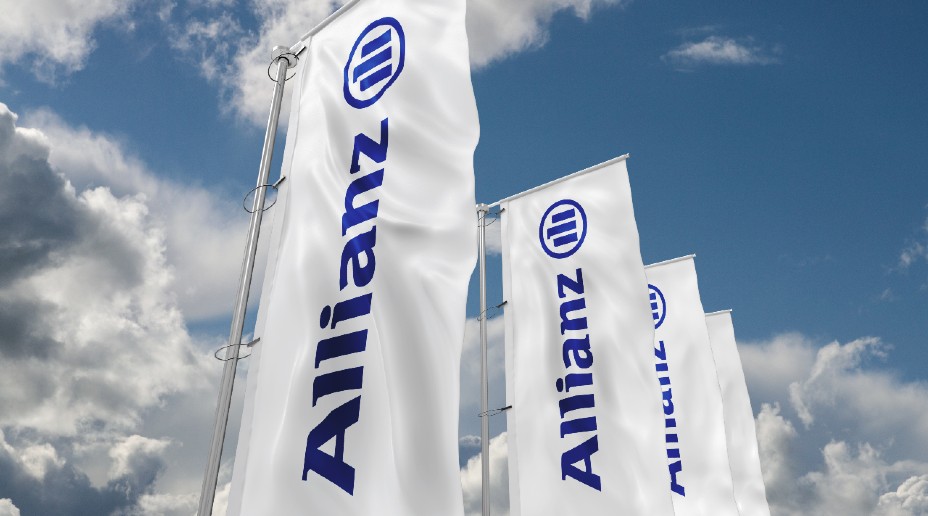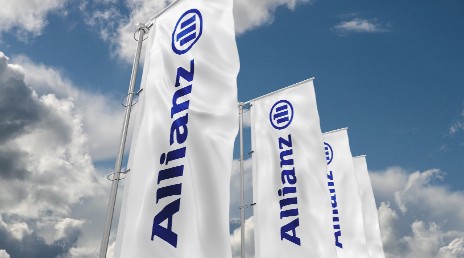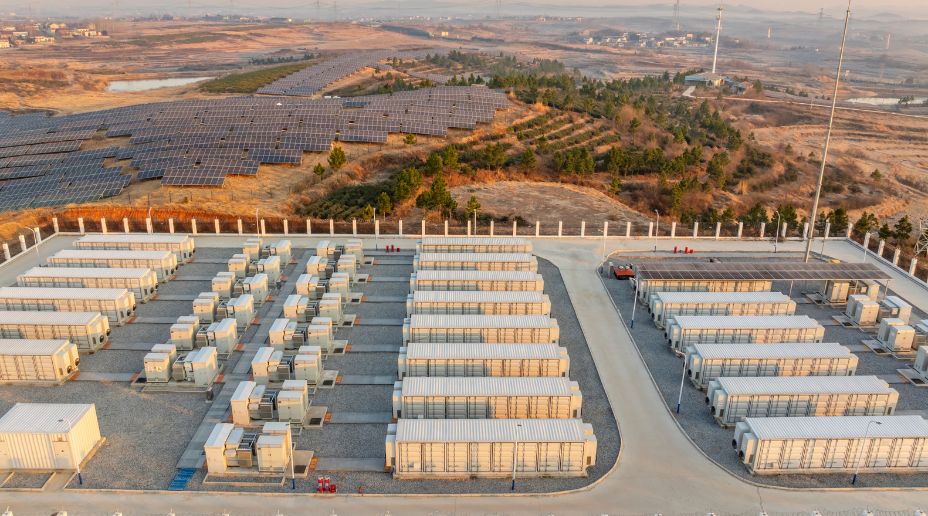Over the past twelve months the UK has faced a number of unsettling economic changes.
We’re in the midst of a cost of living crisis, energy prices are at an all-time high and police departments are under ever-increasing pressure. So it should come as no surprise that as a consequence theft is on the rise.
Commercial property theft
Whilst we haven’t seen an increase in the frequency of property theft claims this year, we are seeing a significant jump in the severity of losses to commercial premises, and in particular to warehouses.
Many of these thefts appear to have been carried out by organised gangs who are choosing to return to more traditional methods. Typical scenarios include deactivating electronic security systems (alarms, CCTV) by cutting communication lines, followed by entry using brute force, often through walls.
We’ve seen forced entry via light weight walls (e.g. peeling back metal walls) and more substantial walls (brick or concrete) using industrial-strength tools. These are not opportunistic thefts, but are instead well-planned operations.
These thefts are often aided by inadequate security systems, allowing thefts to take place over the course of a whole weekend in some cases. The typical nature of targeted goods appears to be ‘low bulk/high value’ such as games consoles, smartphones, trading cards (e.g. Pokémon) and clothing/sports equipment, however we have also seen thefts of bulkier items, such as stocks of metal.
Case study - Clothing was stolen from a warehouse
Thieves spray painted over the CCTV cameras and then gained entry via the roof, before breaking a hole in the wall to remove stock from the building.
An Arctic lorry was used to take stock away. The thieves managed to avoid alarm sensors, as there weren’t any installed in the warehouse racking.

Keeping premises secure
A common way for thieves to evade detection is to force entry through a wall and remain in a single area of a warehouse that isn’t covered by an alarm system. Early detection is critical in minimising a potential loss.
Here are some tips to help bolster security and prevent commercial property theft:
- Install detectors that can track internal movement over a large expanse or vibration detection on walls. Ensure there is clearance space between pallet racking and the wall to allow effective detection. Speak to your alarm provider to ensure the alarm is fit for purpose and is able to detect issues such as transmission path failures and masking of detectors.
- Install high/roof alarm systems or bars on skylights to detect forced entry through vulnerable roofs, protecting stock stored on high racks or mezzanine floors.
- Ensure that nominated employees understand what is expected of them in the event of a system alert. This should be carried out in conjunction with the alarm/CCTV company and any risk assessment should include the employees’ health and safety.
- Employ a professional key holding company; these should be members of the Security Industry Association’s Approved Contractor Scheme (ACS).
- Install a detector-activated, remote CCTV system (BS8418 rating standard and installed by a NSI or SSAIB accredited contractor). Ensure that such a system covers the premises adequately and that the remote video response centre is regularly updated with working patterns.
- Check if security systems can detect interference (e.g. moving or removing cameras, transmission path failure etc.), can transmit warnings to an approved monitoring centre, and can emit an audio warning to intruders.
- A suitably rated safe or locked office may be suitable for smaller items, such as operating keys and devices for vehicles and mechanical handling equipment, such as forklift trucks. Theft of these items are commonplace, so securing the operating keys will reduce this possibility.
- Place higher-value stock in internal secured rooms, security cages or strong rooms.
- Consider installation of a security fog device to protect against higher theft exposure. While this fog is harmless, it’s important to ensure that the device is safety accredited (BS EN50131-8 rating standard) and correctly installed.
More ways to bolster security
- Roller shutter security
- Perimeter protections (fences, external alarms, lights)
- Ram raid protection
- Doors / windows shutters and bars
- Security guards - the presence of security guards is a great deterrent; however, static manned guards are often far more effective than random patrols.
Motor trade theft
We’re also seeing an increase in the severity of motor trade thefts. Organised criminals are targeting high value vehicles with a particular focus on prestige SUV and 4x4 models. There is clearly significant planning involved in these crimes as thieves have a good understanding of the premises and are able to target multiple vehicles, sometimes over a whole weekend.
Catalytic converter theft, theft of parts and theft of tools also present increased risks.
Physical security methods remain paramount, as unprotected vehicles will always be an easy target. Even in this digital age, vehicle keys can still be targeted and key security remains an important aspect. As we mentioned above, the efficacy of alarm and CCTV systems need careful consideration, particularly for theft attractive vehicles and stock. Take a look at our motor artice here for more ways to avoid motor theft.
Supporting customers to protect their business - for brokers
To ensure that businesses are well-protected against these risks, we recommend carrying out periodic security risk assessments for premises.
Considerations to include within this review are:
- Losses within the sector/similar businesses.
- Protection measures in place.
- The contents kept at the premises (smaller items of high value will be more attractive to thieves but also consider items that are “on trend” or in short market supply. Also consider increased market prices for commodities such as metals).
The information contained in this press release relates to Allianz Insurance plc. Allianz Insurance plc is one of the largest general insurers in the UK and part of the Allianz Group.
About Allianz Holdings plc
Allianz Holdings plc is the non-regulated holding company which owns the principal insurance operations of Allianz SE in Great Britain.
About Allianz
The Allianz Group is one of the world's leading insurers and asset managers with more than 100 million* private and corporate customers in more than 70 countries. Allianz customers benefit from a broad range of personal and corporate insurance services, ranging from property, life and health insurance to assistance services to credit insurance and global business insurance. Allianz is one of the world’s largest investors, managing 790 billion euros on behalf of its insurance customers. Furthermore, our asset managers PIMCO and Allianz Global Investors manage 1.7 trillion euros of third-party assets. Thanks to our systematic integration of ecological and social criteria in our business processes and investment decisions, we are amongst the leaders in the insurance industry in the Dow Jones Sustainability Index. In 2021, over 150,000 employees achieved total revenues of 148.5 billion euros and an operating profit of 13.4 billion euros for the group.
These assessments are, as always, subject to the disclaimer provided below.
Cautionary note regarding forward-looking statements
This document includes forward-looking statements, such as prospects or expectations, that are based on management's current views and assumptions and subject to known and unknown risks and uncertainties. Actual results, performance figures, or events may differ significantly from those expressed or implied in such forward-looking statements. Deviations may arise due to changes in factors including, but not limited to, the following: (i) the general economic and competitive situation in the Allianz Group's core business and core markets, (ii) the performance of financial markets (in particular market volatility, liquidity, and credit events), (iii) the frequency and severity of insured loss events, including those resulting from natural catastrophes, and the development of loss expenses, (iv) mortality and morbidity levels and trends, (v) persistency levels, (vi) particularly in the banking business, the extent of credit defaults, (vii) interest rate levels, (viii) currency exchange rates, most notably the EUR/USD exchange rate, (ix) changes in laws and regulations, including tax regulations, (x) the impact of acquisitions including and related integration issues and reorganization measures, and (xi) the general competitive conditions that, in each individual case, apply at a local, regional, national, and/or global level. Many of these changes can be exacerbated by terrorist activities.
No duty to update
The Allianz Group assumes no obligation to update any information or forward-looking statement contained herein, save for any information we are required to disclose by law.
*Including non-consolidated entities with Allianz customers.



























